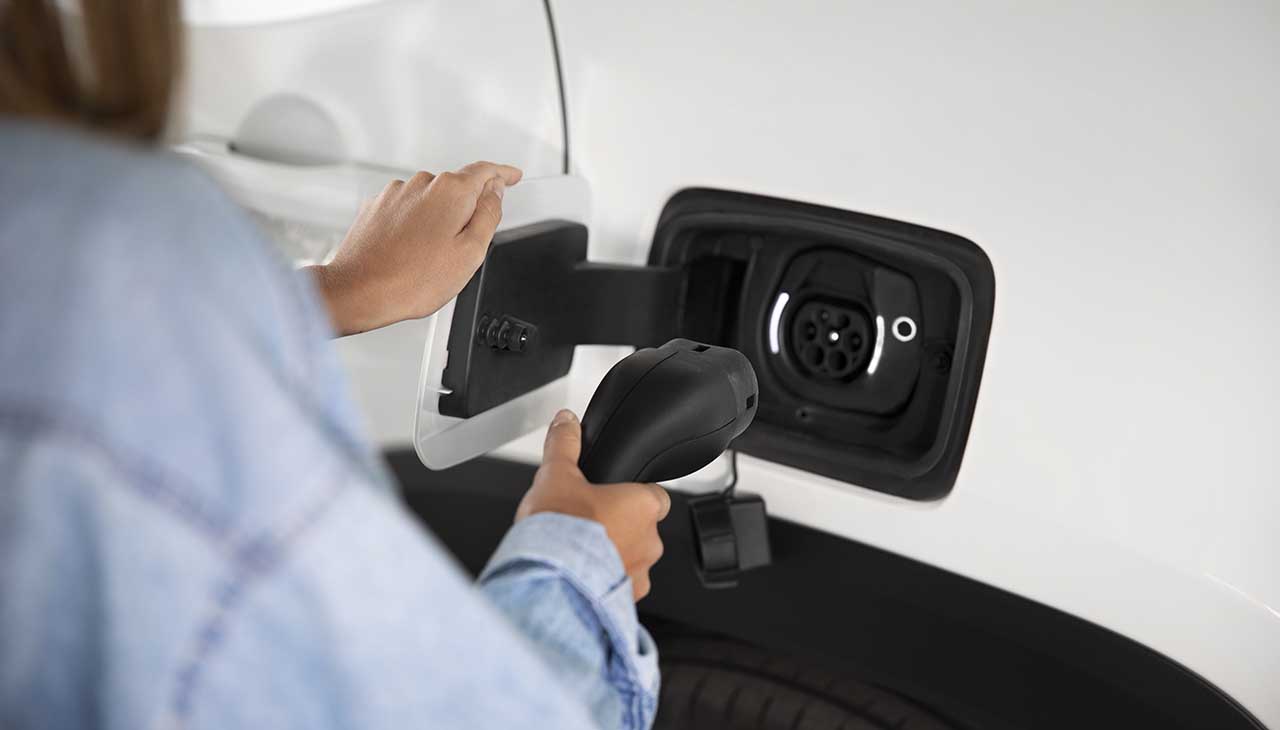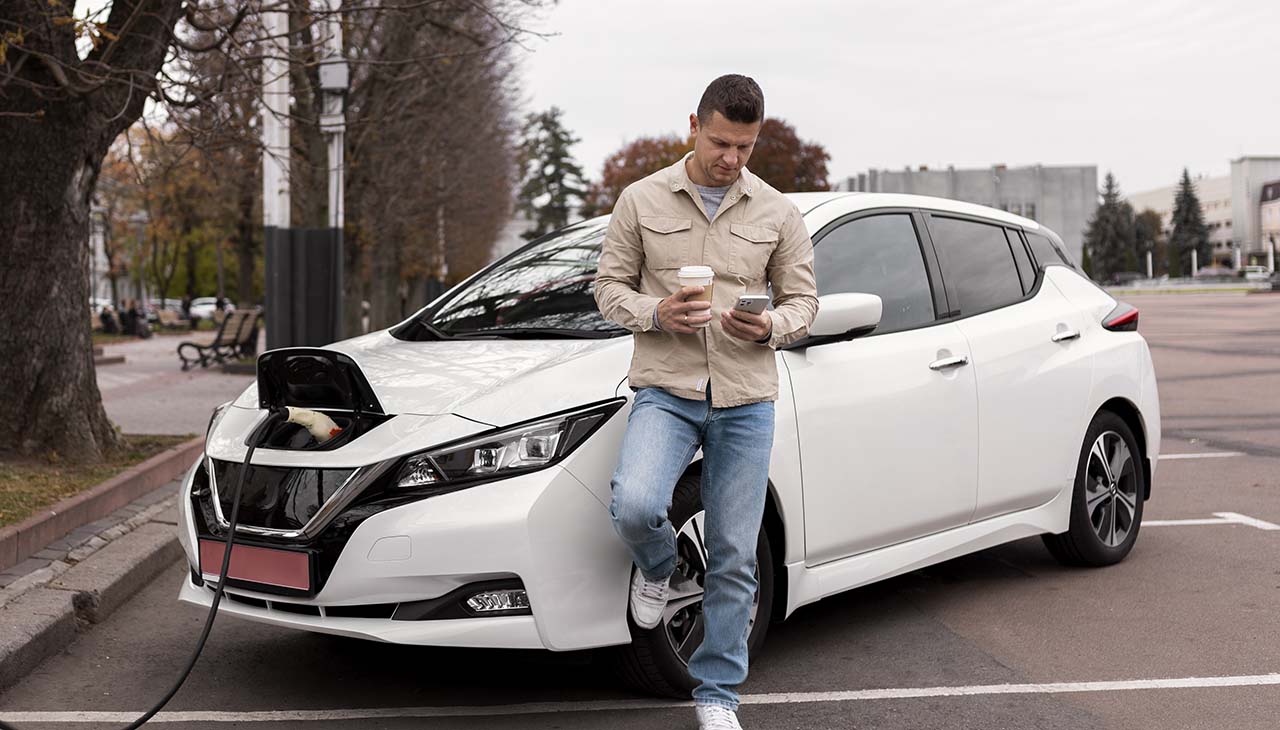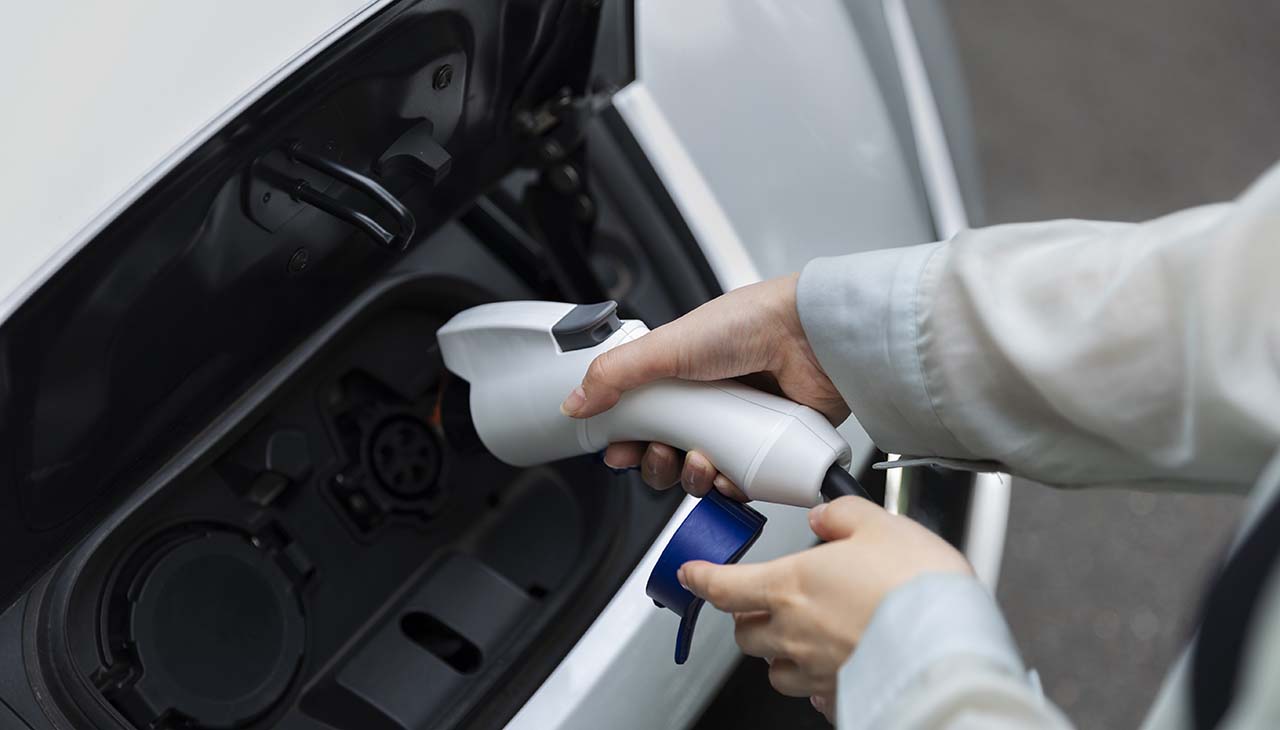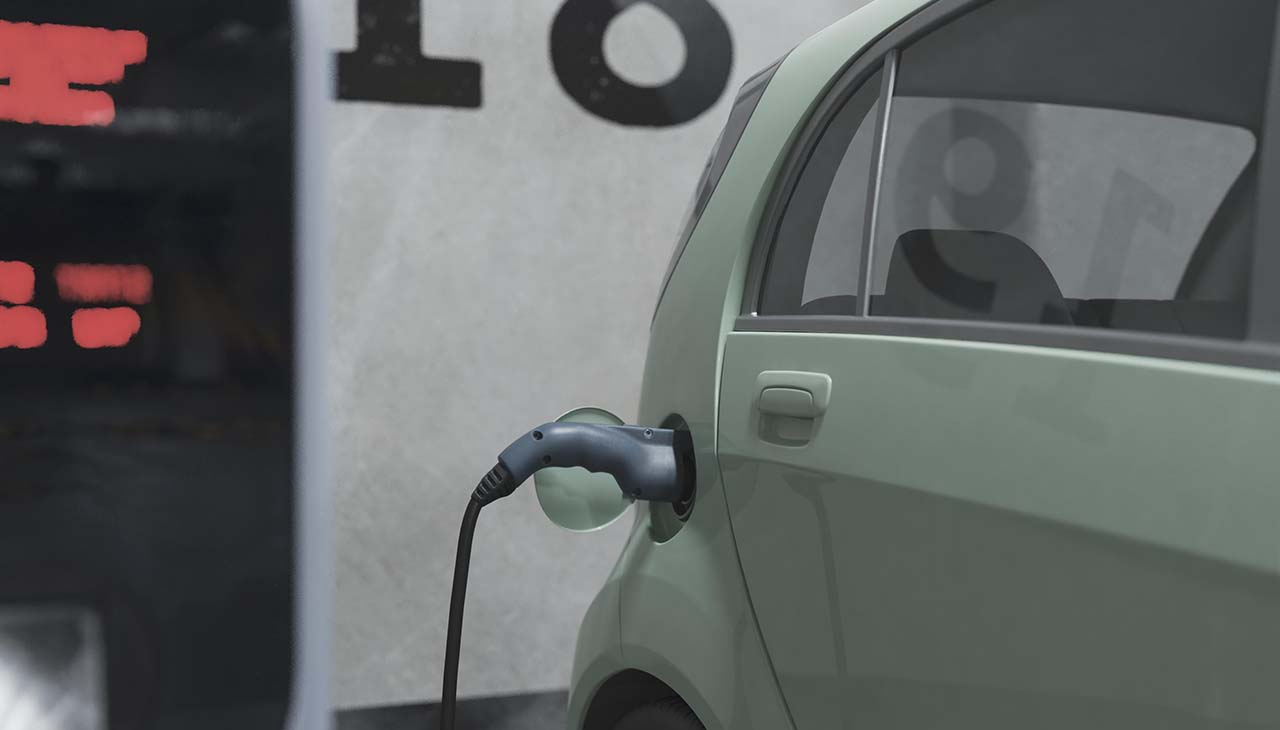Introduction
When it comes to purchasing a vehicle, the decision between buying new or used is a significant one. Both options have their merits and drawbacks, making the choice highly personal and dependent on numerous factors. For car enthusiasts and first-time buyers alike, understanding these pros and cons is essential to making an informed decision. In this blog post, we’ll delve deep into the advantages and disadvantages of buying both new and used cars, and provide key considerations for those embarking on their first car purchase.
Pros and Cons of Buying a New Car
Pros of Buying a New Car
1. Latest Technology
One of the most enticing aspects of buying a new car is the access to the latest technology. New vehicles are equipped with cutting-edge features such as advanced safety systems, improved fuel efficiency, and the latest infotainment options. This can enhance the overall driving experience and provide peace of mind.
2. Warranty Coverage
New cars come with manufacturer warranties that typically cover major repairs and part replacements for a specified period or mileage. This warranty can save you money on unexpected repairs and ensure that your vehicle is maintained to the highest standards during the initial years of ownership.
3. Customization
When you buy a new car, you have the freedom to choose the exact specifications you desire, from the color and trim level to the additional features and packages. This level of customization ensures that the car meets your specific needs and preferences.
4. Reliability
With a new car, you benefit from the reliability of a vehicle that hasn’t been subjected to wear and tear. This means fewer immediate maintenance issues and a lower likelihood of breakdowns, providing a sense of security for the owner.
Cons of Buying a New Car
1. Depreciation
New cars experience significant depreciation as soon as they are driven off the lot. On average, a new car loses about 20-30% of its value within the first year. This means that the resale value of the vehicle decreases rapidly, which can be a financial disadvantage.
2. Higher Cost
New cars come with a higher price tag compared to their used counterparts. This includes not only the purchase price but also higher insurance premiums and registration fees. These added costs can strain your budget, especially if you’re a first-time buyer.
3. Limited Bargaining Power
Dealerships have less flexibility when it comes to negotiating the price of a new car. Manufacturer-set prices and dealership margins limit the extent to which you can haggle, potentially leading to a less favorable deal.
4. Instant Depreciation
As mentioned earlier, the moment you drive a new car off the dealership lot, it begins to depreciate. This instant depreciation can be a significant drawback if you plan to sell the car within the first few years of ownership.
Pros and Cons of Buying a Used Car
Pros of Buying a Used Car
1. Affordability
The most apparent advantage of buying a used car is the lower purchase price. Used cars are significantly cheaper than new ones, allowing you to get more car for your money. This affordability extends to other costs as well, such as insurance and registration fees.
2. Slower Depreciation
Used cars have already undergone the steepest part of their depreciation curve. As a result, they retain their value better over time compared to new cars. This can make them a more financially sound investment.
3. Lower Insurance Costs
Insurance premiums for used cars are generally lower than those for new cars. This is because the replacement cost of a used car is lower, which reduces the insurer’s risk. Lower insurance premiums can lead to significant savings over the life of the vehicle.
4. Vehicle History Reports
With the availability of vehicle history reports through services like Carfax, buyers can get a detailed overview of a used car’s past. This includes information about previous ownership, accident history, and maintenance records, allowing for a more informed purchase.
Cons of Buying a Used Car
1. Potential Maintenance Issues
Used cars can come with hidden maintenance issues or wear and tear that may not be immediately apparent. These issues can lead to costly repairs down the road, offsetting some of the initial savings from the lower purchase price.
2. Limited Warranty
Most used cars do not come with the manufacturer’s original warranty, and any remaining warranty may be limited. Buyers may need to purchase an extended warranty or accept the risk of paying for repairs out of pocket.
3. Less Customization
When buying a used car, your choices are limited to what is available in the market. This means you may have to compromise on certain features, colors, or specifications, rather than getting exactly what you want.
4. Unknown History
Even with a vehicle history report, there may still be unknown factors about the car’s past. Previous owners may not have reported all accidents or maintenance issues, leading to potential surprises after purchase.
Considerations for First-time Car Buyers
1. Budgeting
Establishing a realistic budget is crucial for first-time car buyers. Consider not only the purchase price but also additional costs such as insurance, registration, maintenance, and fuel. Make sure to factor in these expenses to avoid financial strain.
2. Financing Options
Explore various financing options, including loans from banks, credit unions, and dealership financing. Compare interest rates, loan terms, and down payment requirements to find the best option for your financial situation.
3. Thorough Inspection
For those considering a used car, a thorough inspection is essential. Hire a trusted mechanic to inspect the vehicle for any underlying issues. This step can save you from unexpected repairs and ensure you’re making a sound investment.
4. Future Resale Value
Consider the future resale value of the car you’re planning to buy. Research which makes and models retain their value well over time, as this can affect your long-term financial outlook.
5. Test Drives
Always take the car for a test drive before making a purchase. This allows you to assess the vehicle’s performance, comfort, and overall condition. Pay attention to any unusual sounds or handling issues during the test drive.
Conclusion
Deciding between a new and used car involves weighing various factors, from initial costs and depreciation to warranty coverage and potential maintenance issues. Both options have their unique advantages and drawbacks, making the choice highly dependent on individual preferences, needs, and financial circumstances.
For car enthusiasts, the allure of the latest technology and the thrill of customization may make a new car the ideal choice. For first-time buyers, the affordability and slower depreciation of a used car may offer a more practical and financially sound option.
Ultimately, the decision comes down to understanding your priorities and conducting thorough research. Whether you opt for a new or used car, taking the time to evaluate your options will ensure you make a purchase that aligns with your goals and lifestyle.
If you’re ready to take the next step in your car-buying journey, be sure to consult with trusted dealers, seek professional advice, and explore all available resources. Happy car hunting!



